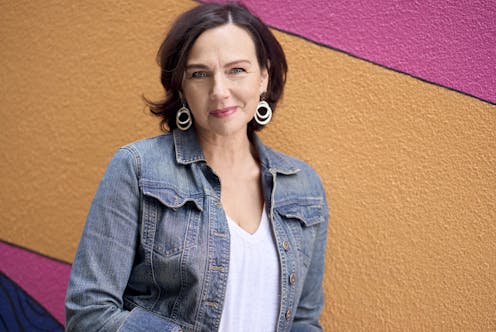Pip Williams shows how World War I transformed women's lives, in a new novel that captures the 'poetic materiality' of books
- Written by Jen Webb, Dean, Graduate Research, University of Canberra

Pip Williams describes[1] her new novel, The Bookbinder of Jericho[2], as both follow-up and companion to her 2020 debut, The Dictionary of Lost Words[3].
There is an overlap of place and profession, and some shared characters, between the novels. The Dictionary of Lost Words began in the late 19th century and covered several decades. The Bookbinder of Jericho illuminates a key period of history experienced by the characters in the previous book: it spans 1914 and the start of the World War I, finishing in the new world that had begun emerging by 1920.
Review: The Bookbinder of Jericho – Pip Williams (Affirm Press)

















